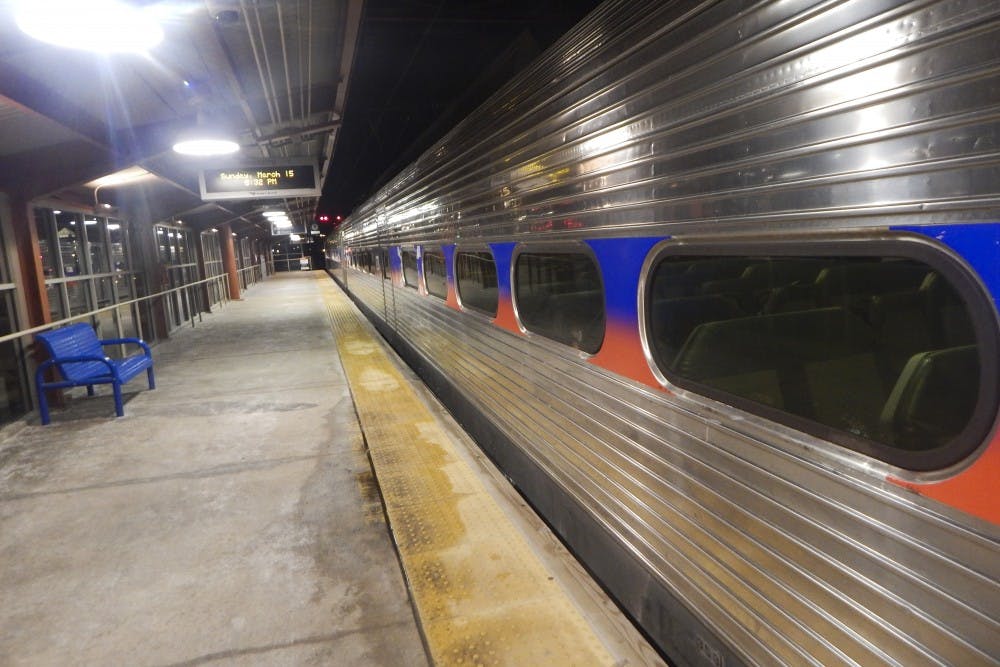
Just a day before Election Day, SEPTA and its workers union reached an agreement to end the strike that has impacted Philadelphia public transit for the past week.
SEPTA and TWU Local 234 announced a provisional agreement early Monday morning, ending the strike that has greatly affected transportation in Philadelphia for about a week.
Officials said SEPTA service would be restored in phases during the day on Monday.
Subway service would be the first to return. A few bus service could be available in time for the evening rush, officials said.
“We believe the agreement is fair to our employees, and to the fare-paying customers and taxpayers who fund SEPTA,” Pasquale Deon, chairman of the transportation agency’s board, said in a statement. “It provides for wage increases, pension improvements, and maintains health care coverage levels while addressing rising costs.”
The strike ended a day before Philadelphians would head to the polls for election day.
Democratic leaders, including longtime Philadelphia congressman Bob Brady and state Rep. Dwight Evans had publicly expressed worry about lower poll attendance in the city due to this strike. A transit strike would have predominantly hurt lower-income and minority voters who primarily use the service.
In order to win Pennsylvania, Clinton would need a large majority of the vote in Philadelphia; the concern was people not having enough time to go to the polls due to the long commutes to/from work.
A joint effort from the city and the state was made on Sunday to combat this strike and bring it to a halt before Tuesday. The city tried forcing the workers to provide partial service on Election Day and the state claimed it was planning on taking the union to court to sort this out.
These measures were deemed unnecessary due to the agreement that was reached overnight.
Social media staffer Christopher Mountanos contributed reporting.
The Daily Pennsylvanian is an independent, student-run newspaper. Please consider making a donation to support the coverage that shapes the University. Your generosity ensures a future of strong journalism at Penn.
Donate



